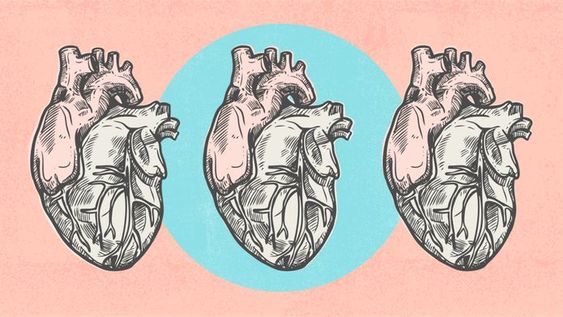Introduction
Congestive heart failure (CHF) is a serious condition that occurs when the heart can't pump enough blood to meet the body's needs. It's a chronic and progressive condition, meaning it develops over time and tends to worsen. While it can be a daunting diagnosis, understanding CHF is the first step towards managing the condition and improving quality of life.

CHF is often referred to as heart failure. It doesn't mean the heart has stopped working; rather, it indicates that the heart muscle is weakened or stiff and can't function as effectively as it should. This inefficiency leads to a buildup of fluid in the lungs and other parts of the body, causing many of the symptoms associated with CHF.
Understanding Congestive Heart Failure
The heart is an incredible organ, constantly working to circulate blood throughout the body. This blood carries oxygen and nutrients to our cells and removes waste products. In CHF, the heart struggles to keep up with this demand.
What Causes Congestive Heart Failure?
Several factors can contribute to the development of CHF, including:
- Coronary Artery Disease (CAD): Narrowed arteries limit blood flow to the heart muscle, weakening it over time.
- High Blood Pressure: Increased pressure in the arteries forces the heart to work harder, leading to strain and potential damage.
- Heart Attack: Damage to the heart muscle from a heart attack can weaken its pumping ability.
- Cardiomyopathy: Diseases that affect the heart muscle itself, making it thicker, stiffer, or larger, can impair its function.
- Other Conditions: Diabetes, thyroid disease, valve disorders, and congenital heart defects can also contribute to CHF.
Symptoms of Congestive Heart Failure
CHF symptoms vary depending on the severity of the condition. Some common symptoms include:
- Shortness of Breath: Difficulty breathing, especially when lying down, is often an early sign.
- Fatigue: Persistent tiredness and weakness can indicate the heart's struggle to keep up with the body's demands.
- Swelling (Edema): Fluid buildup in the legs, ankles, and feet is common.
- Rapid or Irregular Heartbeat: The heart may race or beat erratically as it tries to compensate for its weakened state.
- Persistent Cough: A cough, sometimes producing white or pink phlegm, can occur due to fluid in the lungs.
- Sudden Weight Gain: Fluid retention can lead to rapid weight gain.
It's important to note that these symptoms can also be indicative of other conditions. If you experience any of these, especially if they worsen or are persistent, consult a healthcare professional promptly.

.jpg)